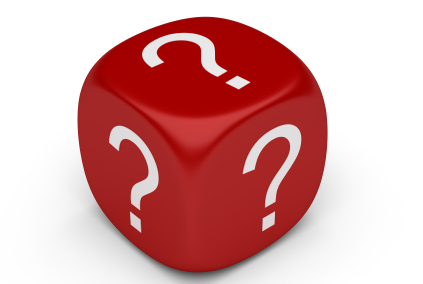
People sometimes ask about estate planning and why it is important.
First, just to clarify, planning occurs when you proactively state your wishes about who you want to receive your assets when you pass away. This can be done through joint ownership, beneficiary designations, wills and/or trusts.
But the key question is what happens when you don’t plan for your estate after you die?
The answer is simple. If you don’t have an estate plan, the state plans for you.
More specifically, there are also potential tax implications, as an estate plan can address or minimize transfer and other taxes, and can reduce or eliminate uncertainties over the administration of probate.
Even if a person has modest assets, the documents created in the estate planning process, such as the durable power of attorney for financial matters, and the durable power of attorney for health care, are of great benefit in assisting a person’s family in administering his or her affairs should he or she become ill or incapacitated.
Beyond that, a will, or in many cases, a trust, is very helpful in creating an orderly way for assets to pass when someone dies.